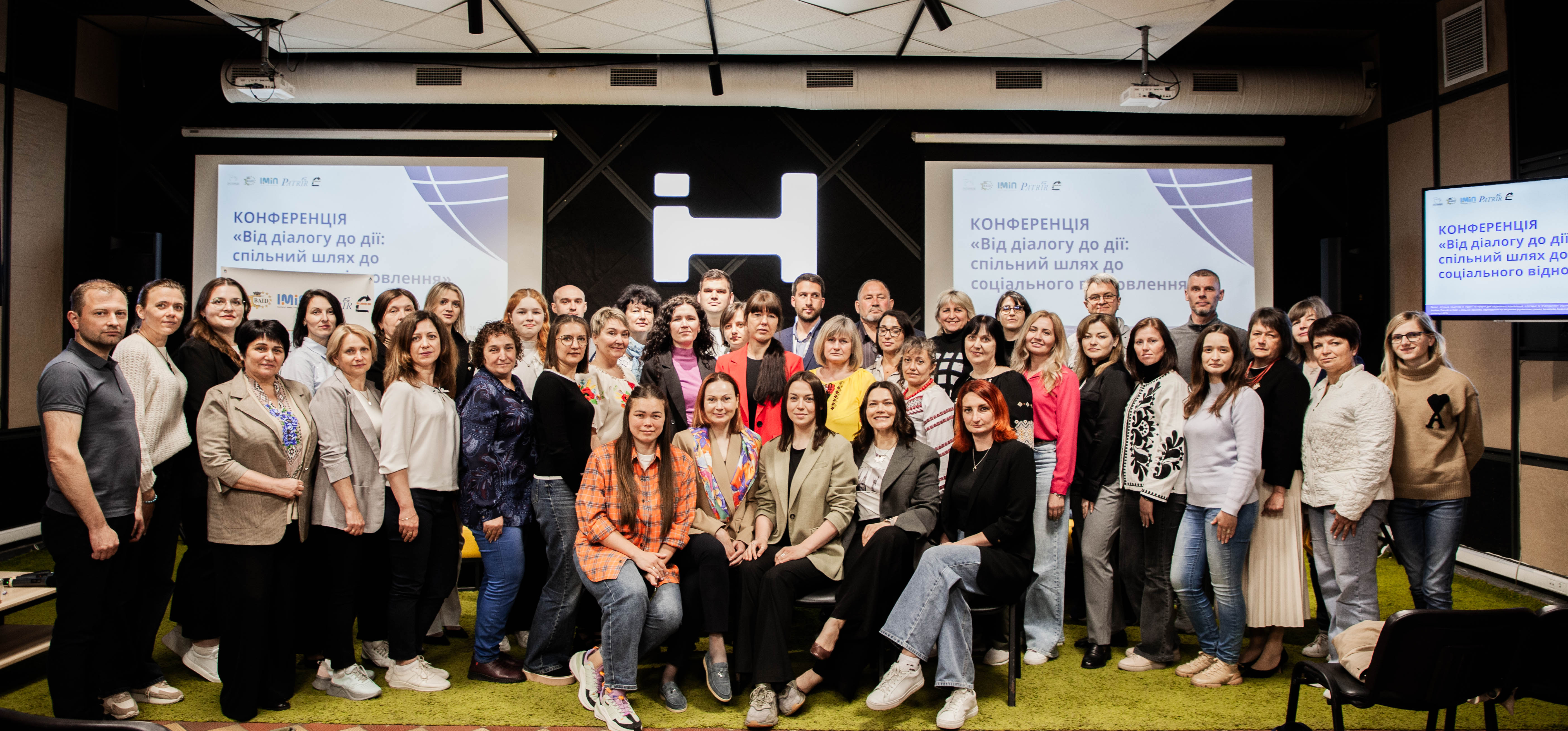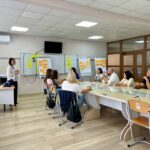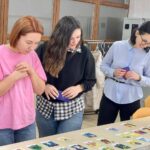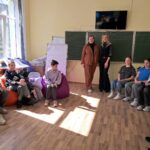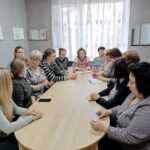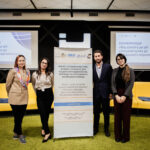Kyiv, 16 May 2025 – More than two years into the full-scale invasion, many Ukrainian communities continue to live under the constant threat of attacks, disruption of essential services, prolonged displacement, and a pervasive sense of uncertainty. In this context, rebuilding means more than repairing infrastructure: it means restoring trust, dialogue, and a sense of belonging.
These were the guiding principles behind the project “Joint Initiative across Ukraine and Romania for Social Recovery, Inclusion and Cohesion of Ukrainian Communities”, implemented under the AICS Emergency Initiative – AID 012832/01/0. Funded by the Italian Agency for Development Cooperation (AICS) with a contribution of €1,343,386.02, the project is part of a broader Emergency Initiative worth €46.5 million.
The project was carried out by a consortium led by BAID in ATS with PATRIR (Romania) and Un Ponte Per (Italy), in partnership with the Ukrainian organization Institute for Peace and Common Ground (IPCG). IPCG’s activities reached over twenty communities across the country, many located in oblasts severely affected by the war — including Kharkiv, Sumy, Zaporizhzhia, and Dnipropetrovsk.
This initiative is part of a broader multisectoral approach adopted by Italian Cooperation since the early stages of the invasion. Launched in 2022, this approach combined immediate humanitarian assistance with long-term social recovery, building bridges between civil society and local institutions. The project stands as a powerful example: it did not focus on a single sector but addressed complex and interlinked needs in an integrated way.
The final conference, held in Kyiv on 16 May and organized by IPCG, highlighted some of the project’s most significant results:
In Hrun (Sumy Oblast), a school converted its bomb shelter into a fully equipped classroom, enabling children to continue learning even during air raids.
In Kolomak (Kharkiv Oblast), a medical station was set up in a school shelter, and first aid courses were offered to students, teachers, parents, and internally displaced people.
In Vasylivka (Zaporizhzhia Oblast), safe and inclusive spaces were created for displaced children from occupied areas, offering educational activities and psychological support.
In Mezhova (Dnipropetrovsk Oblast), a school-based centre provided emotional support pathways for teachers and families, fostering collective wellbeing.
In Zavodska, a civic safety education centre was established, providing practical training on mine risks, fire hazards, and emergency response.
Dialogue was also a key element of the initiative. In Okhtyrka (Sumy Oblast), a mediation process turned a disputed school space into a shared asset, restoring a place of connection and collaboration for the community.
The closing conference, opened by AICS Kyiv, was a moment for reflection and shared ownership. It showcased the vital role of local actors and the centrality of community-driven responses in building sustainable recovery.
This project proves that, even in times of war, it is possible to strengthen resilience, promote inclusion, and offer protection in a dignified and participatory manner. The contribution of Italian Cooperation was recognised not only financially, but above all in its human-centred, place-based, and future-oriented approach.
For more info: Barbara Taccone, Communication Officer AICS Kyiv, barbara.taccone@aics.gov.it
